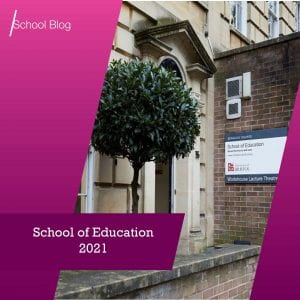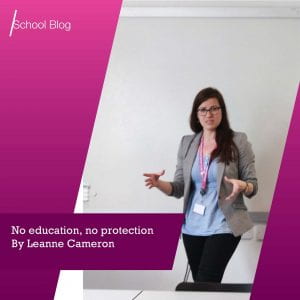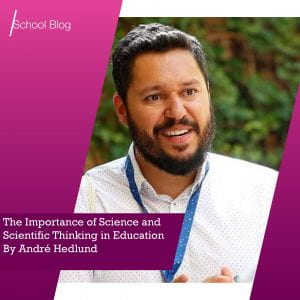Why academic evidence is urgently needed if we are serious about supporting children’s language development
By Dr Ioanna Bakopoulou, University of Bristol and Professor Liz Washbrook, University of Bristol
In the UK, it is currently estimated that 1.9 million children are behind with their talking and understanding of words (Speech and Language UK, 2023). This is the highest number ever recorded and marks an unprecedented increase – particularly prevalent in areas of social deprivation. In fact, the increase in speech, language and communication needs is so great that now meets the criteria to be considered a public health problem (Law et al., 2017). (more…)

 By Obiageri Bridget Azubuike – PhD in Advanced Quantitative Methods. School of Education. University of Bristol.
By Obiageri Bridget Azubuike – PhD in Advanced Quantitative Methods. School of Education. University of Bristol.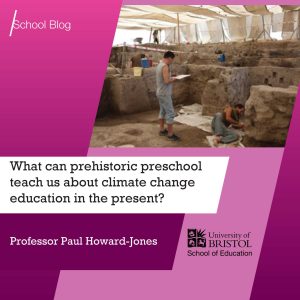 Blog by
Blog by 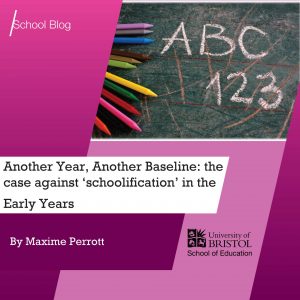 By Maxime Perrott BA, MSc, MRes PhD Researcher in the School of Education, University of Bristol
By Maxime Perrott BA, MSc, MRes PhD Researcher in the School of Education, University of Bristol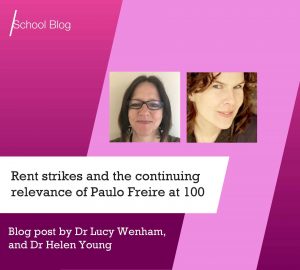 Blog post by
Blog post by 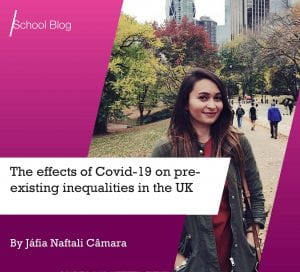 Blog by
Blog by 